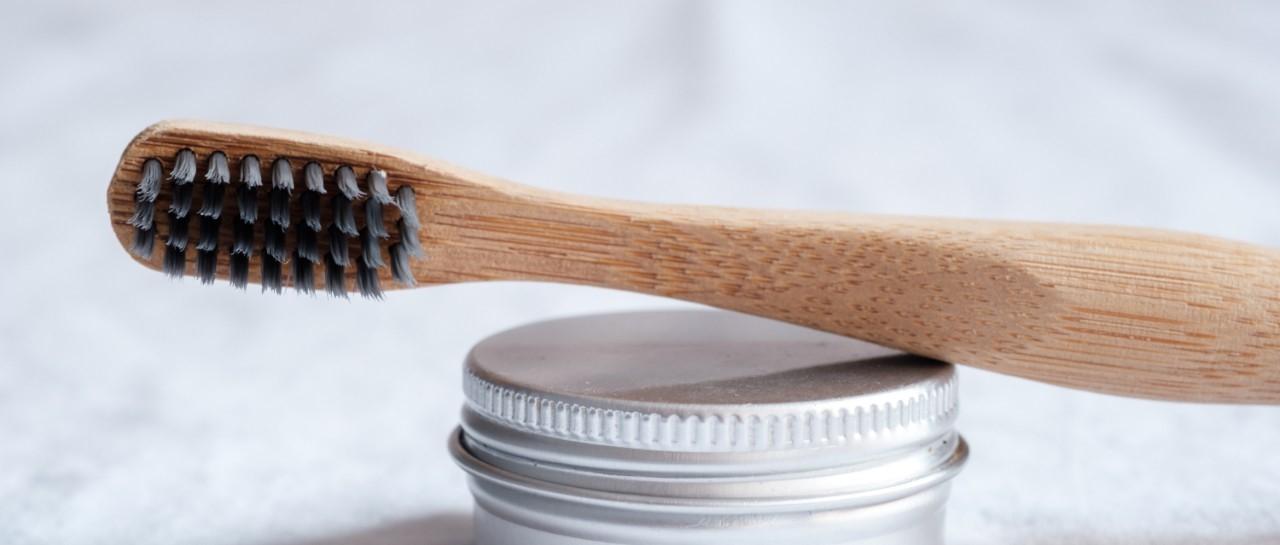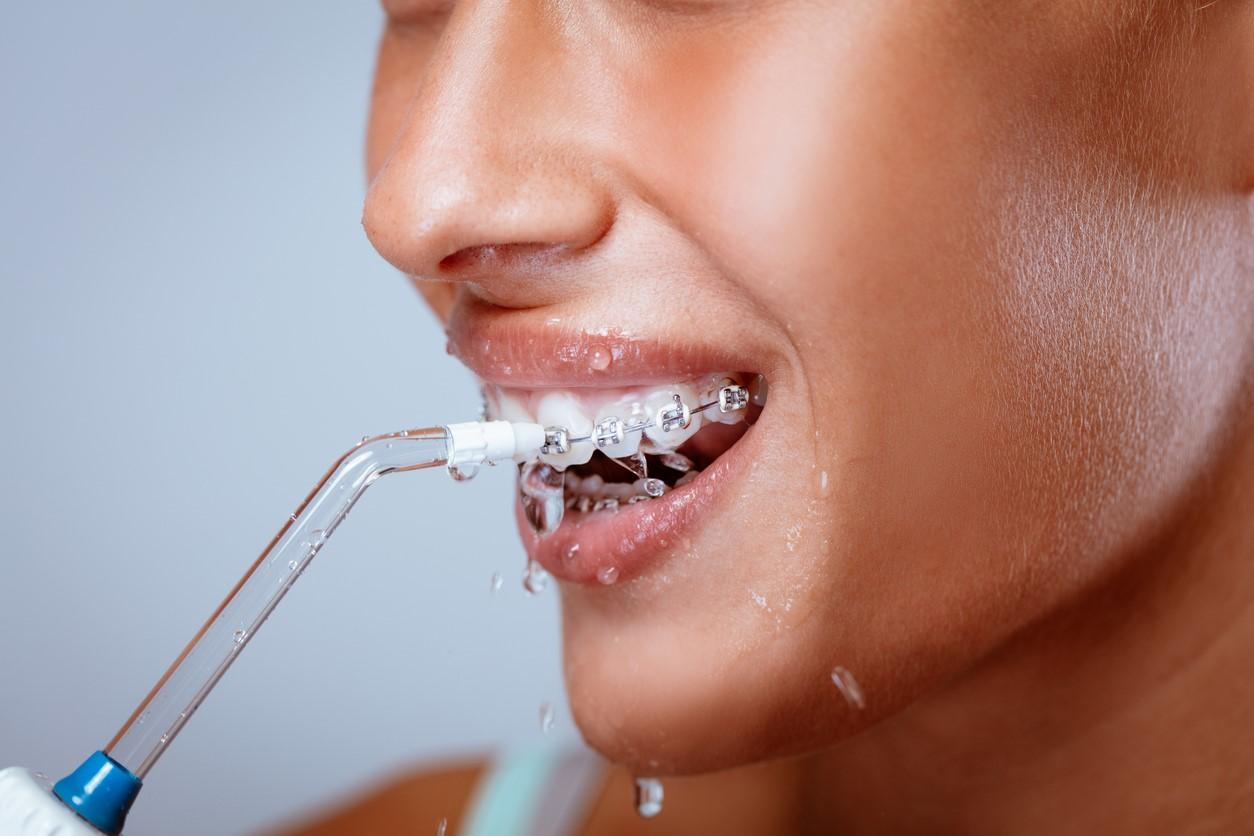
What your teeth say about your health
Peer reviewed by Dr Krishna Vakharia, MRCGPLast updated by Victoria RawLast updated 23 May 2024
Meets Patient’s editorial guidelines
- DownloadDownload
- Share
- Language
- Discussion
Most of us know the importance of looking after our teeth. Twice daily brushing, flossing and good dental hygiene can help to keep our smile fresh, with little need for expensive dental work. But did you know that tooth problems can also indicate problems in the rest of the body?
In this article:
Continue reading below
Discolouration causes
Having white, clean-looking teeth can do wonders for our confidence. If your teeth are yellowed or stained, you may feel a bit self-conscious. Although discoloured teeth aren't unsightly, it is a cosmetic issue rather than an indication of poor overall health.
"The likely cause of yellowing teeth is ageing or staining from food and drink," agrees Anna Middleton, Dental Hygienist of London Hygienist. "Although not physically pleasing, this problem does not indicate any other issues with the body."
Bad breath causes
We've all missed the odd brushing or drunk too much coffee on occasion. Most of us will have felt the need to pop in a mint before a meeting to freshen our breath. But could having bad breath be a sign of something more?
"Bad breath is usually caused by poor oral hygiene, and comes from plaque and food debris stuck between teeth," says Middleton. "It could also indicate you're a little dehydrated. Other causes of bad breath include low-carb diets, snoring or even alcohol consumption.
"However, if you suffer from bad breath regularly, it might be a sign of diabetes. It's worth speaking with your dentist or doctor if you're worried about this symptom." Diabetes can increase the glucose levels in your mouth- promoting bacterial overgrowth which could lead to bad breath.
Continue reading below
Gum disease causes
If your gums bleed regularly after brushing, it may be a sign of gum disease. Symptoms of gum disease also include bad breath and a bad taste in the mouth. If left untreated, gum disease can also lead to receding gums, black triangles between the teeth and even tooth loss.
But gum disease can also lead to more serious conditions in the rest of the body. "There are lots of links between gum disease and systemic health, the main ones being heart disease, diabetes and Alzheimer's disease. This is all due to the ability of bacteria in the mouth to transport into the bloodstream," explains Middleton.
In addition, some medicines, including phenytoin - an epilepsy treatment - and calcium-channel blockers - usually used to treat high blood pressure - can cause overgrowth of your gums. It's important not to stop medication without medical advice, but do speak with your pharmacist or doctor if you're concerned.
Regular or persistent mouth ulcers causes
Having a mouth ulcer can be very uncomfortable, but most of us suffer from one from time to time. However, if you get ulcers regularly, or they take a long time to heal, they could be a sign that something else is going on behind the scenes.
"Mouth ulcers can be caused by nutritional deficiency, particularly a lack of vitamin B12 or iron," says Middleton. "They could also be due to stress, hormonal changes, certain medications or even coeliac disease which can lead to deficiency of vitamins and minerals."
If you suffer from a mouth ulcer that doesn't clear up after a few weeks, it's time to talk to your doctor. "Ulcers that don't heal after three weeks should be referred on, as they could potentially be cancerous," explains Middleton.
Continue reading below
Eroding enamel causes
If you're concerned about tooth erosion or the loss of enamel, it's worth discovering the cause. "This kind of enamel loss is often caused by a high intake of acidic foods, including alcohol," explains Middleton. "However, it can also be caused by health conditions, such as tooth grinding, reflux, and hiatus hernia. It can also be a sign of the eating disorder bulimia."
Keeping your mouth healthy
While not everyone enjoys a trip to the dentist, if you are having problems with your teeth or mouth, it's important to get them treated early. Many dental problems can be prevented or minimised with good oral hygiene and regular dental check-ups. Neglecting your teeth can lead to worsening problems.
"For example, bleeding gums may lead to gingivitis - the inflammation of the gums, which can be reversed with good oral hygiene. If left, however, it could lead to periodontitis, which is irreversible damage caused by plaque bacteria."
Tooth decay is often caused by poor food and drink choices, but if left may lead to "fillings, teeth breaking, root-canal treatment and extraction," says Middleton. In extreme circumstances, bone loss may also occur. "The bacteria involved in gum disease not only affect the soft tissues (gums) but can also cause bone loss."
So if you're tempted to skip brushing once in a while, or know that you've been overdoing it on the fizzy drinks, it's worth remembering that by looking after your teeth, you're also helping to keep your body healthy too.
Patient picks for Dental care

Oral and dental care
Scientists may have found a way to regrow tooth enamel
Scientists may have found a way to regrow protective tooth enamel using a gel applied to the teeth.
by Milly Evans

Oral and dental care
Is water flossing effective?
Brushing your teeth keeps them clean and healthy, and flossing is important to clean hard-to-reach areas. Conventional dental floss is tried and tested but new technologies - such as water flossing - offer convenience and simplicity. We explore if water flossing is as effective as regular methods.
by Matt Binny
Continue reading below
Article history
The information on this page is peer reviewed by qualified clinicians.
Next review due: 23 May 2027
23 May 2024 | Latest version
25 Apr 2021 | Originally published
Authored by:
Gillian Harvey

Ask, share, connect.
Browse discussions, ask questions, and share experiences across hundreds of health topics.

Feeling unwell?
Assess your symptoms online for free